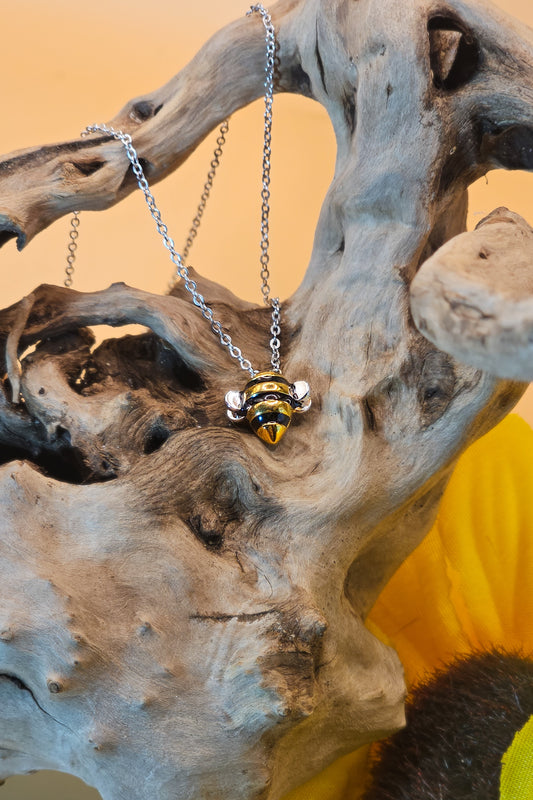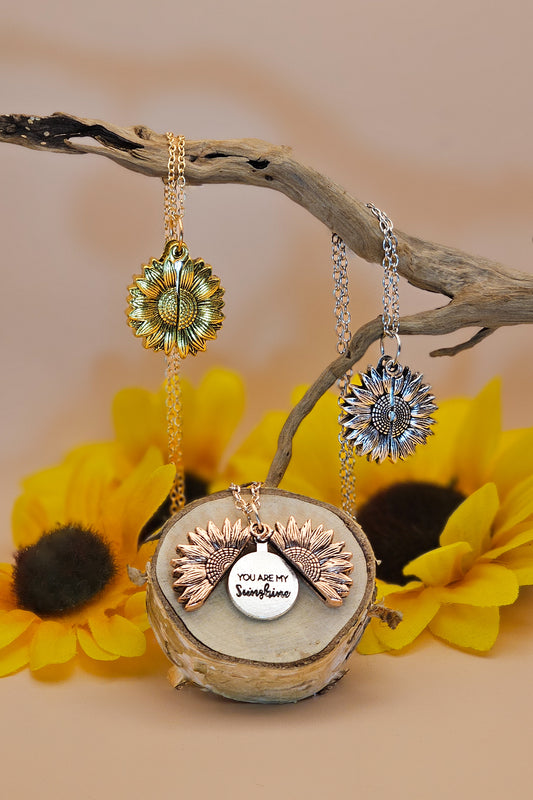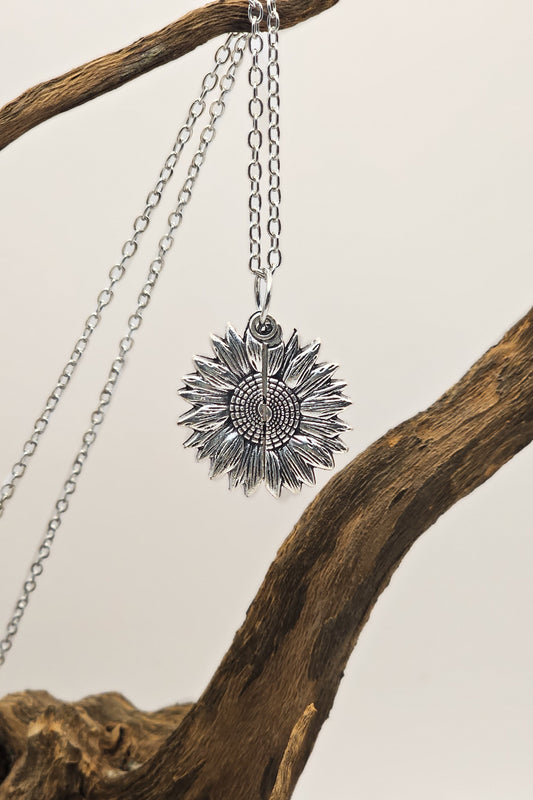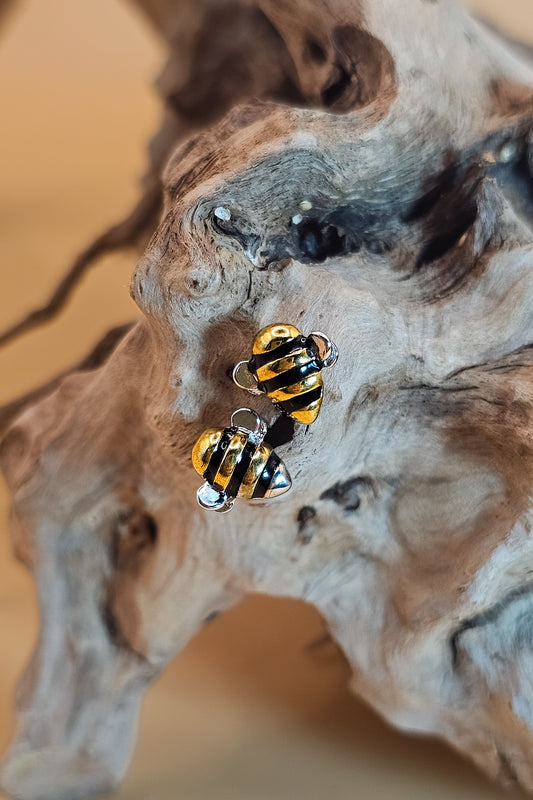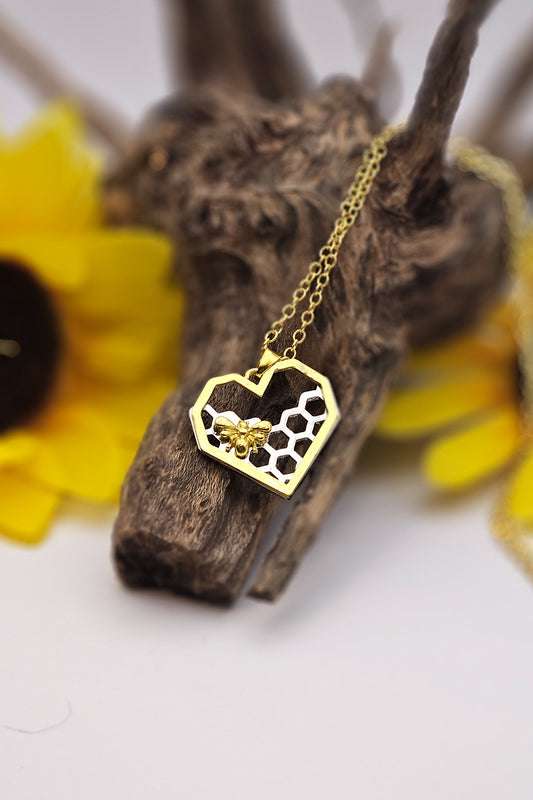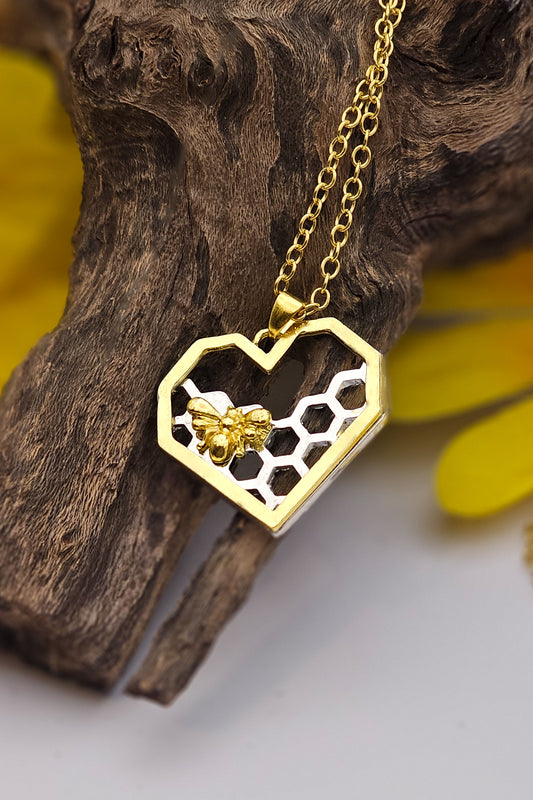There is nothing quite so uplifting and joyful as seeing a field of sunny-faced, golden yellow sunflowers. Even if you are down in the dumps, these larger-than-life, happy flower giants can help us to lighten up.
If you don’t have any of these indigenous flowers growing in your garden yet, maybe you should think about planting some.
Sunflowers are also called Helianthus. They are North American native plants and were cultivated by the original farmers for thousands of years before settlers landed on their shores.
People eat sunflower seeds, nut butter, and even make oil from the seeds. Bees like sunflowers just as well as we do, and maybe even better. Pollinators benefit greatly from sunflowers because they help them fight parasites.
Several researchers from University of Massachusetts, George LoCascio, Luis Aguirre, and Lynn S Alder, and Rebecca Irwin from North Carolina State University, conducted research recently. Their goal was to see if pollen from multiple sunflower cultivars and species reduces a common bumblebee gut pathogen.
The studies performed by this team show that sunflower pollen is effective in treating parasites not only in native bumble bees, Bombus, but also in European honeybees, Apis mellifera.
This unrelated 9:17-minute video by Frederick Dunn is all about sunflowers and bees:
Bees face a number of hazards that are causing the bee population to decline, like monocultures, pesticides, climate change, habitat loss, and the viruses and parasites discussed in this article.
Pollen is a vital nutrient-dense food for bees. It is a plant-based protein. For bees, sunflower pollen is like getting a booster shot against two of their deadliest parasites: Crithidia bombi in bumblebees and Nosema ceranae in honeybees.
Nosema is a fungus that causes viruses to weaken the honeybee immune system. This leads to dysentery and makes it harder for bees to survive long winters in northern climates.
Crithidia can cause starvation in bumblebees. The strange symptom is that they lose the ability to know the difference between nectar-producing and non-nectar-producing plants.
This is why it is so important that bees have access to sunflowers, and why we should plant some in our gardens or fields. This way, we provide bees with the medicine that treats them, and this will lead to stronger and healthier hives of honeybees and colonies of bumblebees.
Sunflowers are like anti-depressants for humans. Pollinator plants are most beneficial when planted in patches that are as large as possible. Consider adding a big patch of sunflowers to your next garden. A rich source of food and medicine, sunflowers help bees to stay healthy. Plant some and feel great knowing you are helping to save the bees.
If you enjoy reading research reports, click here to read the details of the research study. For those who prefer to cut to the chase, here is the conclusion of the scientists:
They found that sunflower and goldenrod pollen dramatically reduced the parasite Crithidia bombi in Bombus impatiens, compared to a single-species pollen control and a wildflower pollen mix. This study suggests that sunflower and goldenrod can be used to manage bee health in agroecosystems. Also, these native North American species could be incorporated into natural ecosystems to manage C. bombi infection. Further studies should address how widespread this medicinal effect is across the Asteraceae and whether it works for other bee species and pathogens, so that responsible recommendations for management practices can be made.


